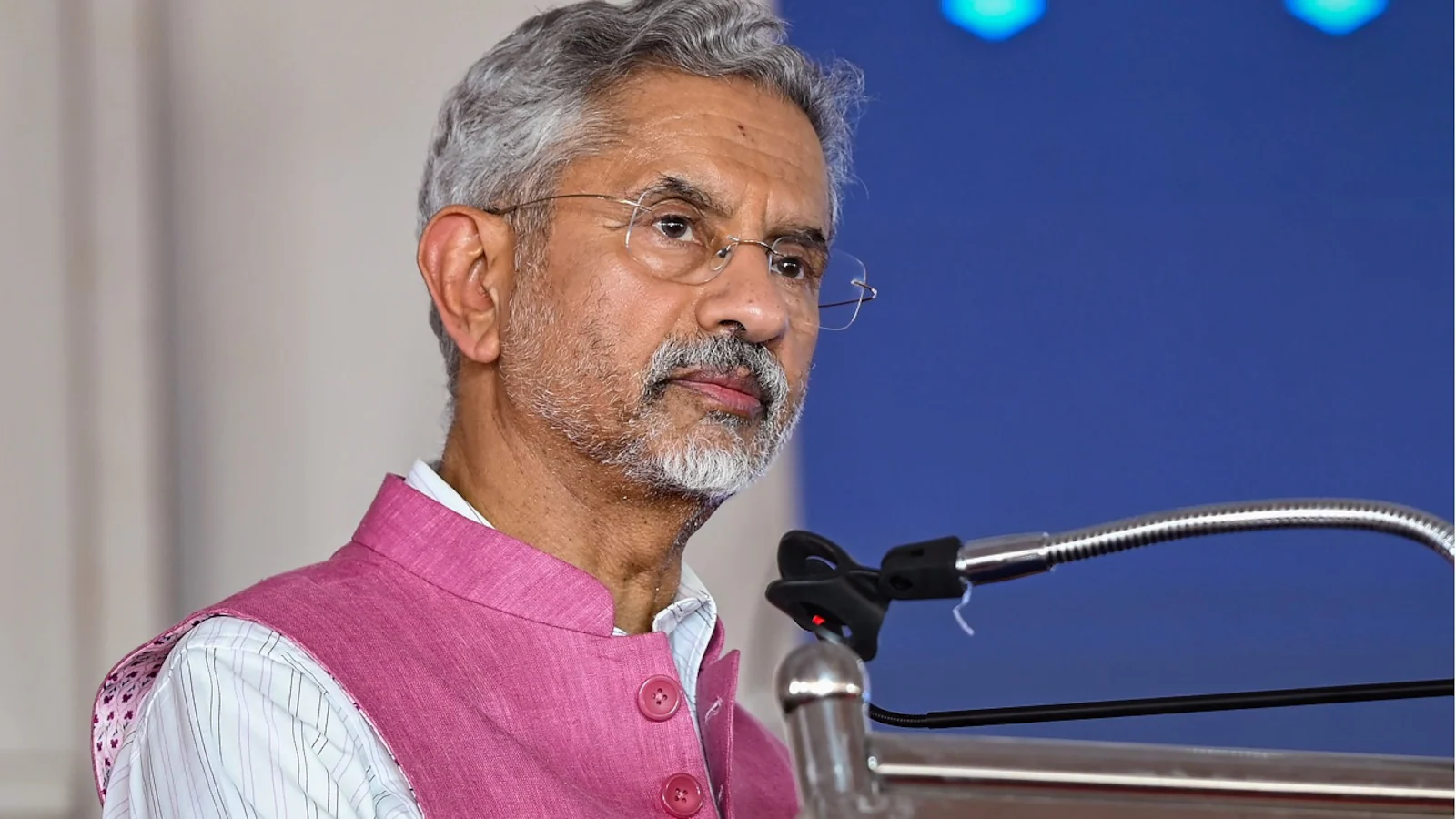External Affairs Minister S. Jaishankar recently addressed concerns about India’s portrayal in Western media, drawing parallels between domestic and international elitist groups he referred to as the “Khan Market Gang” and its global counterpart. Speaking to ANI, Jaishankar described these groups as interconnected, elitist circles that share and promote similar viewpoints.
Jaishankar explained that the term “Khan Market Gang” in India refers to a thought process or sense of entitlement among a particular elite. He asserted that a similar network exists internationally, which he dubbed the “International Khan Market Gang.” According to Jaishankar, these global elites are socially aligned with their Indian counterparts and support each other by advancing shared left-leaning, elitist ideologies.
He argued that there is a symbiotic relationship between these domestic and international groups. When the domestic “Khan Market Gang” faces challenges or declining influence, the international counterpart steps in to offer support. This, Jaishankar suggested, can be observed in the way certain news stories are highlighted or slanted in Western media, especially around election times. He claimed that these international entities have openly endorsed specific parties or leaders while denouncing others, thereby attempting to sway Indian political outcomes and voter choices.
Jaishankar further alleged that there are concerted efforts to influence Indian politics and voter decisions, which intensify around elections but persist afterward. He suggested that international rankings and negative narratives about India are part of a broader strategy to demoralize and delegitimize the country, especially when the anticipated results do not align with the preferences of these international elites.
In essence, Jaishankar’s comments highlight a belief in a coordinated attempt by both domestic and international elitist groups to shape Indian political discourse and outcomes through media influence and other means.






